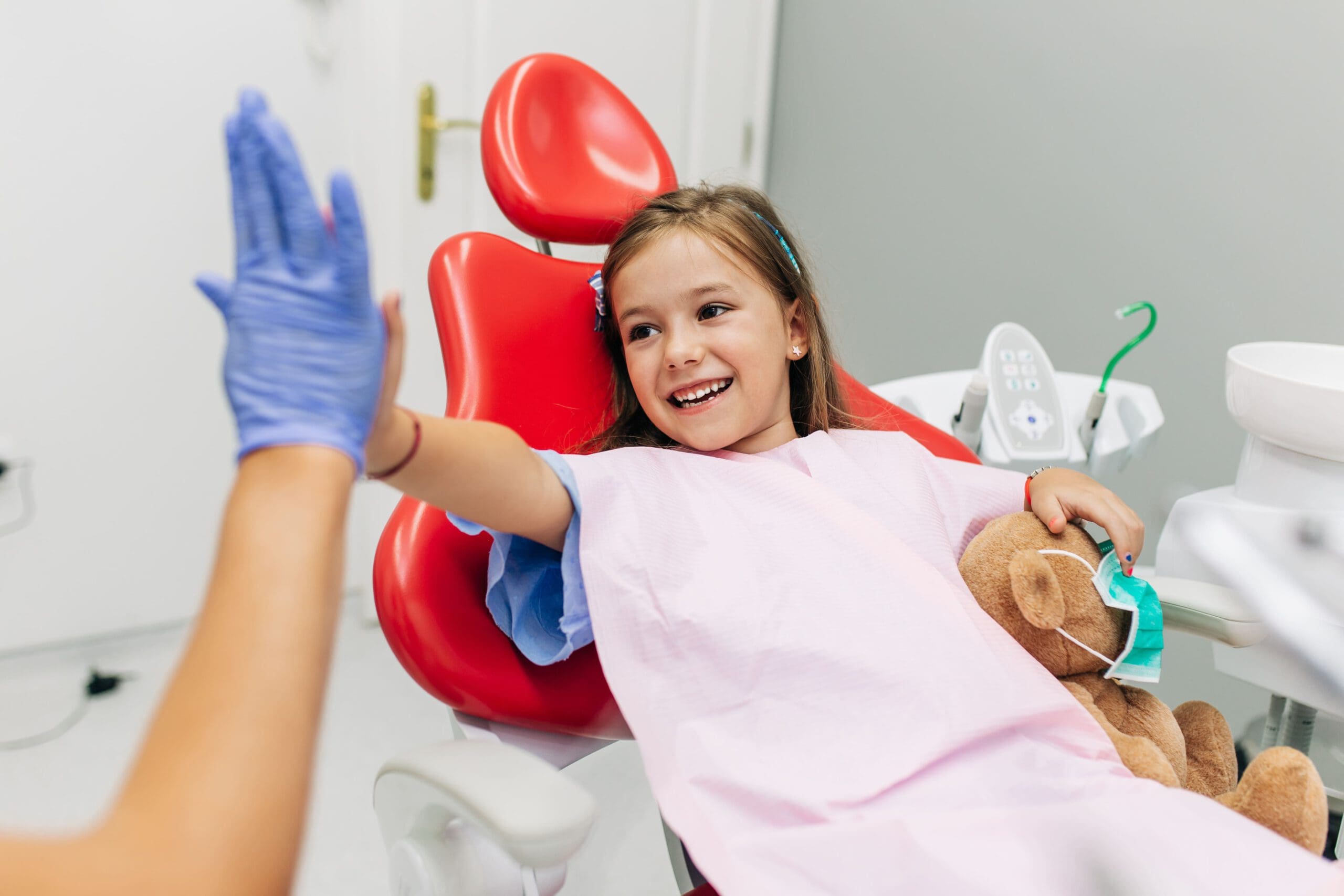Sports Dentistry
Sports are great for building confidence, teamwork, and healthy habits—but they can also put your child’s smile at risk. At Kids Dental Group, we offer custom-fitted sports mouthguards designed to protect teeth from injuries during games and practices, ensuring your child plays safely and confidently.
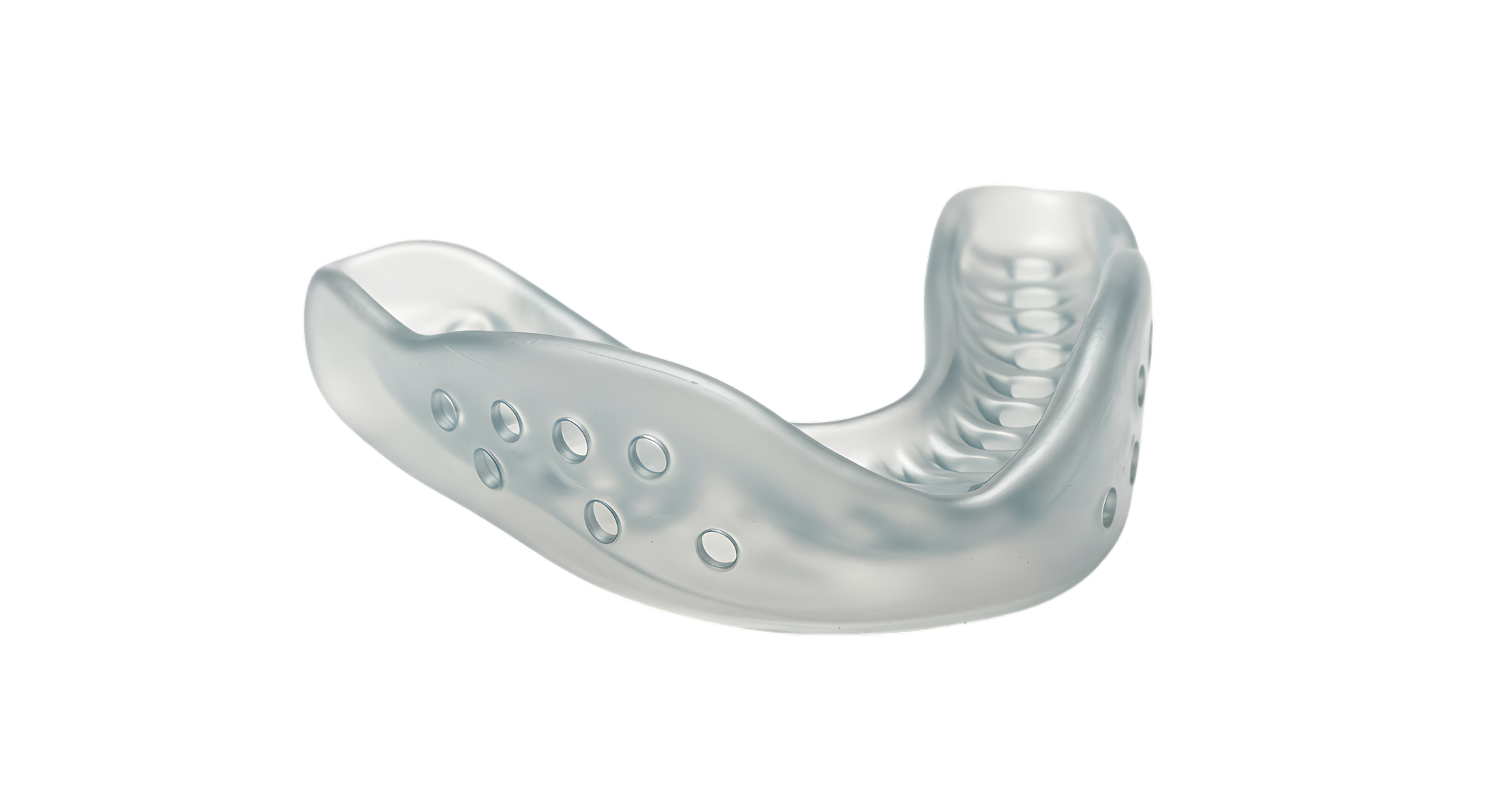
Let’s Start Your Smile Journey
Have questions or want to learn more about our services?
Fill out the form below, and our team will be happy to assist you in taking the next step toward expert dental care.
"*" indicates required fields
Why Sports Mouthguards Matter
Accidents happen fast, and a sudden impact can lead to chipped, broken, or even knocked-out teeth. A high-quality mouthguard acts as a shock absorber, reducing the risk of dental injuries and protecting your child’s smile while they play.
Custom vs. Store-Bought
Mouthguards
Unlike store-bought options, custom-fitted mouthguards offer superior comfort, durability, and protection. They are designed to fit snugly, making it easier to breathe and speak while playing, ensuring maximum safety without distractions.
Who Needs a Sports
Mouthguard?
Children and teens who play contact sports like hockey, football, basketball, or martial arts should wear a mouthguard. Even non-contact sports, such as gymnastics or skateboarding, carry risks for dental injuries. If your child is active, they need protection!
Long-Term Protection for Growing Smiles
A single injury can lead to expensive and painful dental work in the future. Investing in a high-quality, custom mouthguard now helps prevent unnecessary damage, keeping your child’s teeth strong and healthy for years to come.
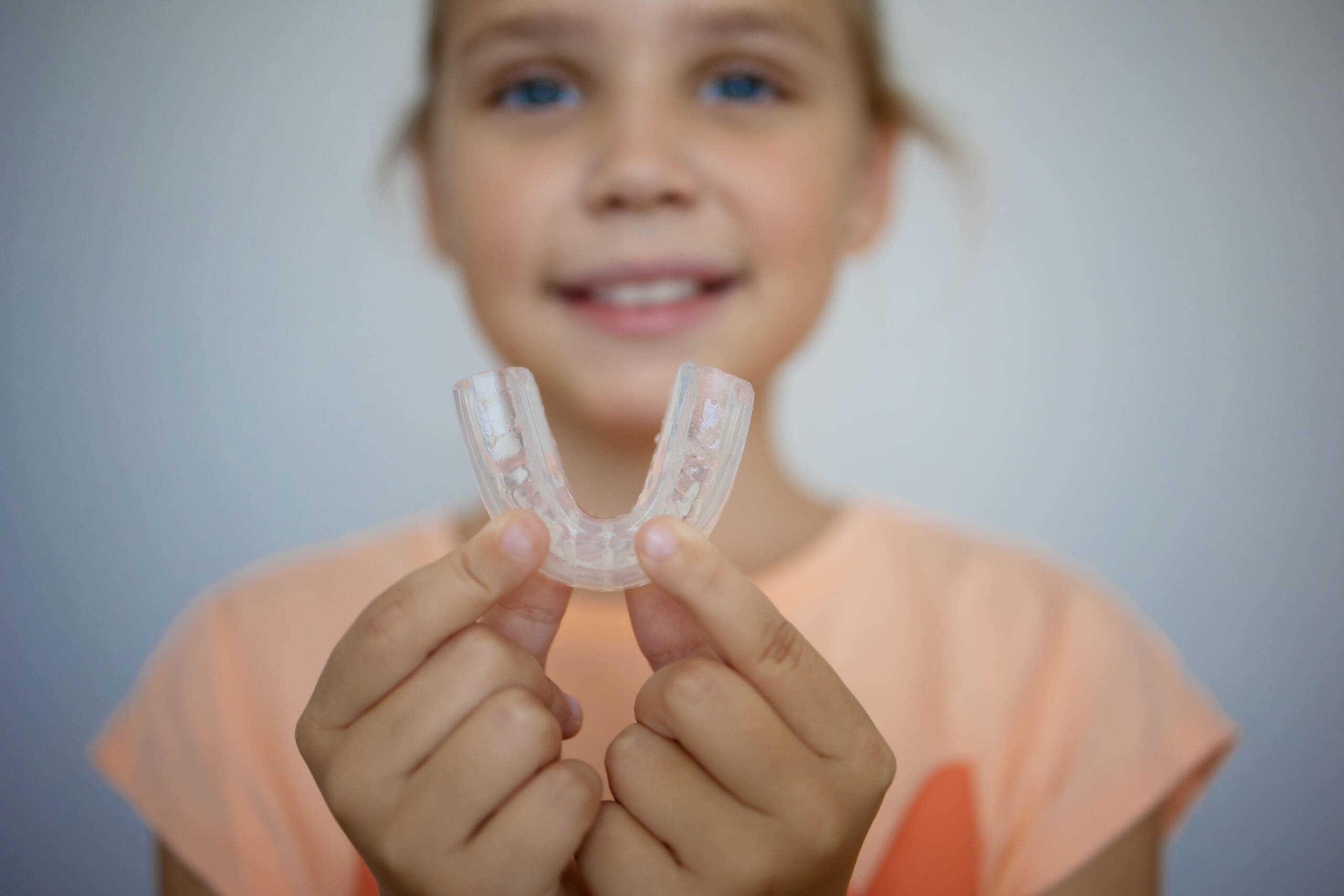
FAQ’s
-
Why does my child need a sports mouthguard?
A custom-fitted sports mouthguard protects your child’s teeth, gums, and jaw from injury during physical activity. Contact sports like hockey, football, and basketball, as well as activities like gymnastics and skateboarding, pose a risk of dental trauma. A mouthguard helps prevent broken teeth, cuts to the mouth, and concussions.
-
What is the difference between a custom mouthguard and a store-bought one?
Store-bought mouthguards are one-size-fits-all and often bulky, making them uncomfortable and less effective. A custom-fitted mouthguard from a dentist is designed specifically for your child’s teeth, offering better protection, comfort, and the ability to breathe and speak more easily.
-
How often should my child replace their mouthguard?
Mouthguards should be replaced at least once a year or if they become worn, damaged, or outgrown. Children’s mouths are still developing, so regular replacements ensure the best fit and protection.
-
Can my child wear a mouthguard with braces?
Yes! A custom mouthguard is especially important for children with braces to protect their teeth, brackets, and lips from injury. Our orthodontic mouthguards are designed to fit comfortably over braces while still allowing for normal tooth movement.
-
How do I take care of a sports mouthguard?
Rinse the mouthguard with cool water after each use and store it in a ventilated case. Clean it regularly with mild soap and water, and avoid exposing it to heat, which can cause it to lose its shape. Proper care extends the life of the mouthguard and ensures ongoing protection.

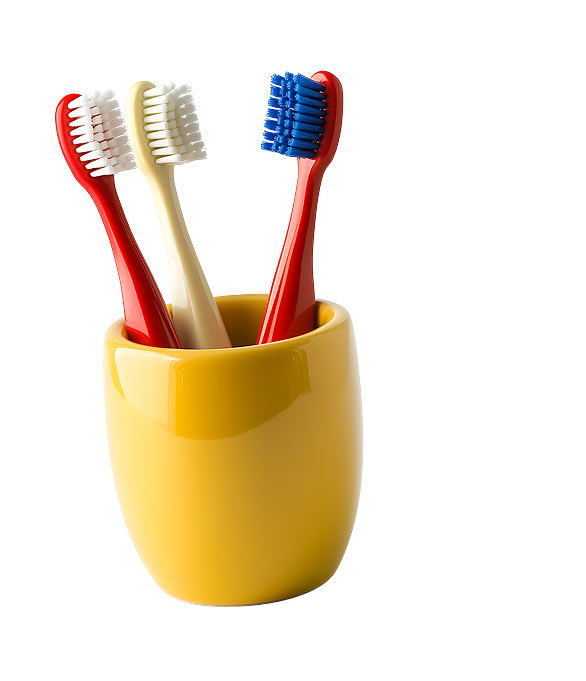
Our Locations

Other Pediatric Services
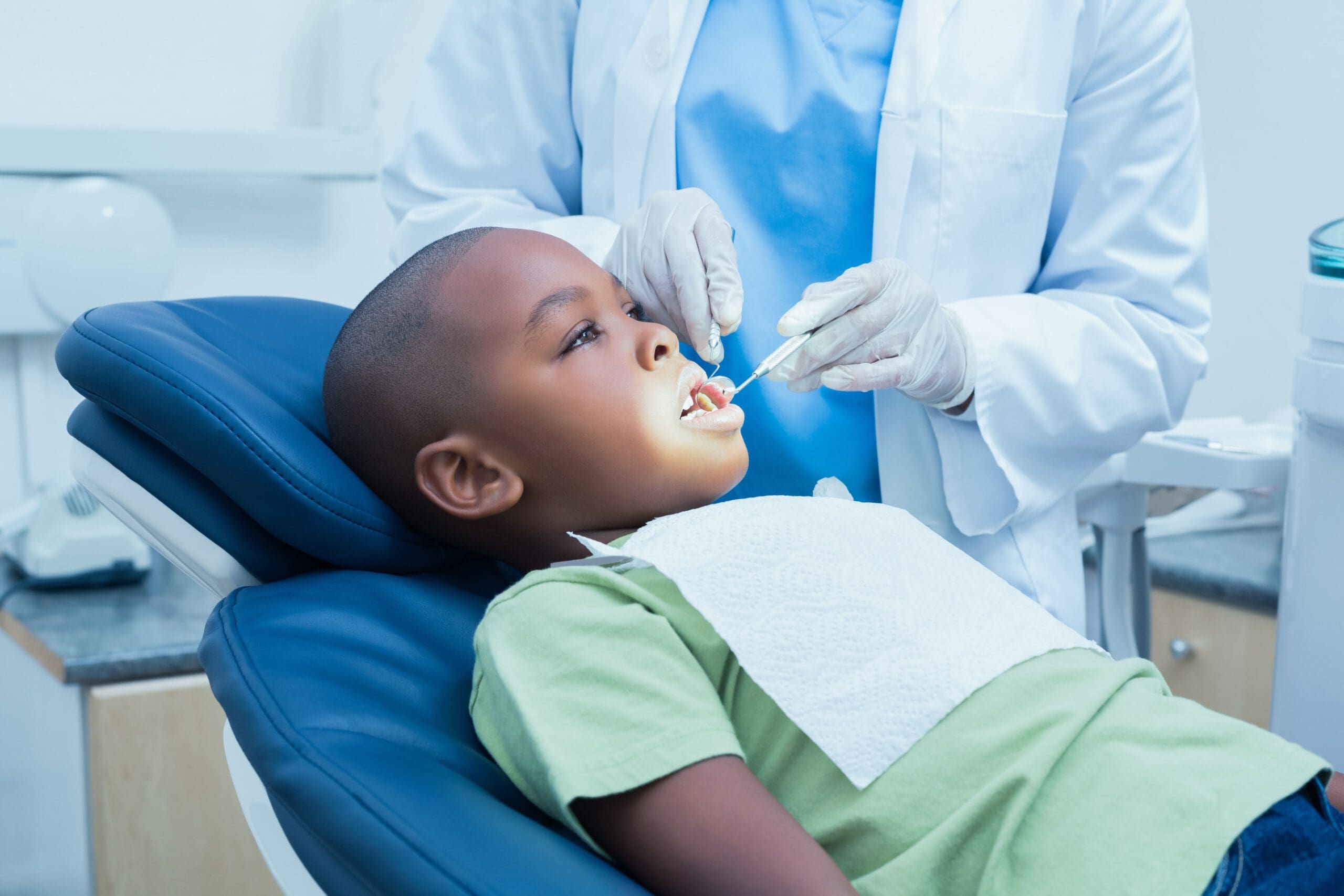
Emergency Dental Care
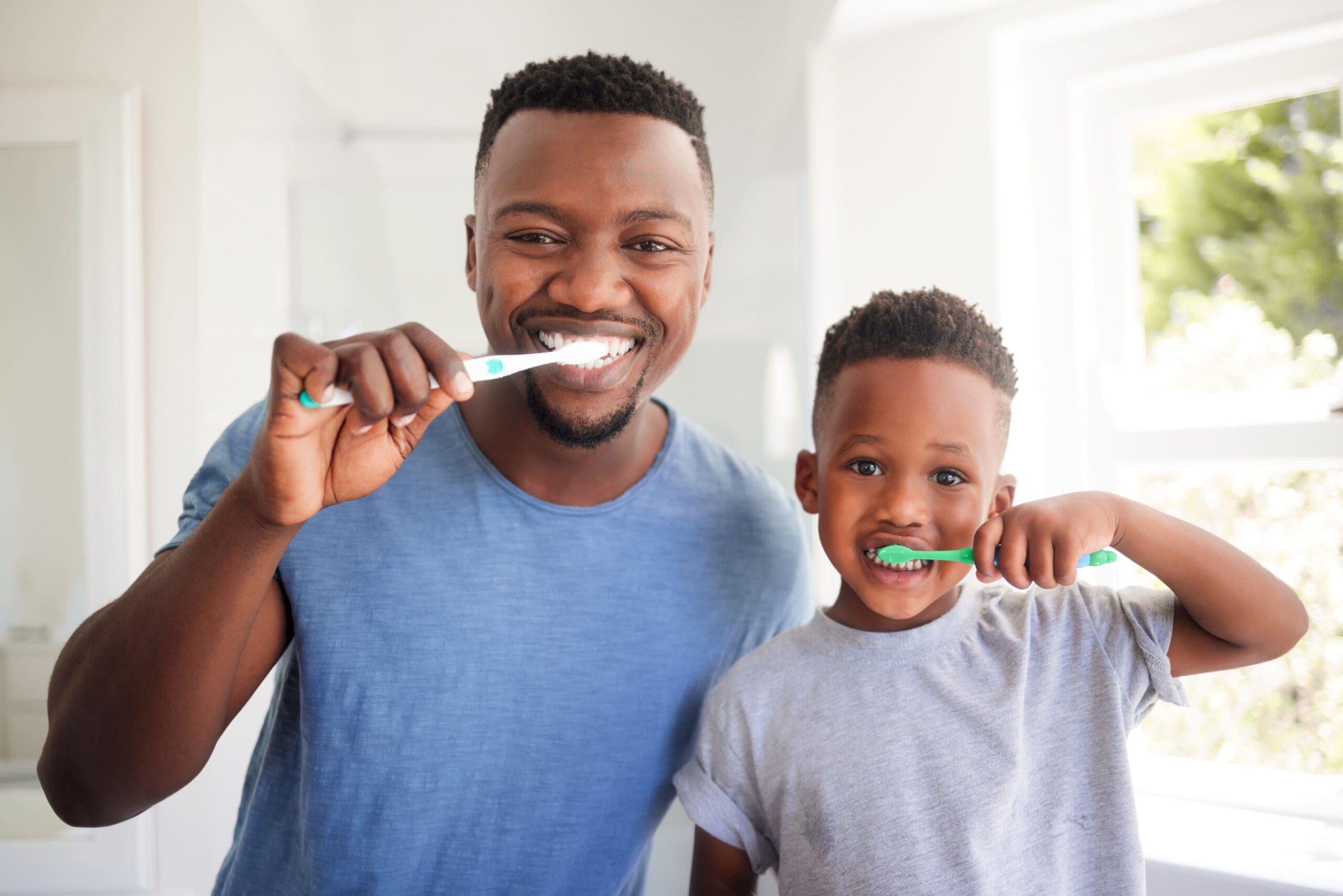
Restorative Dentistry

Sedation Dentistry
